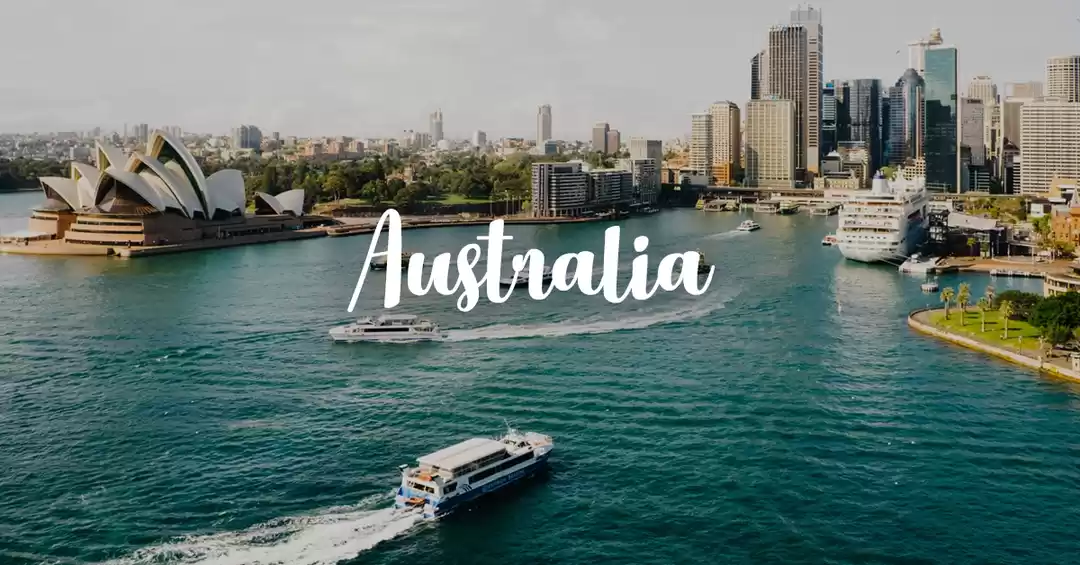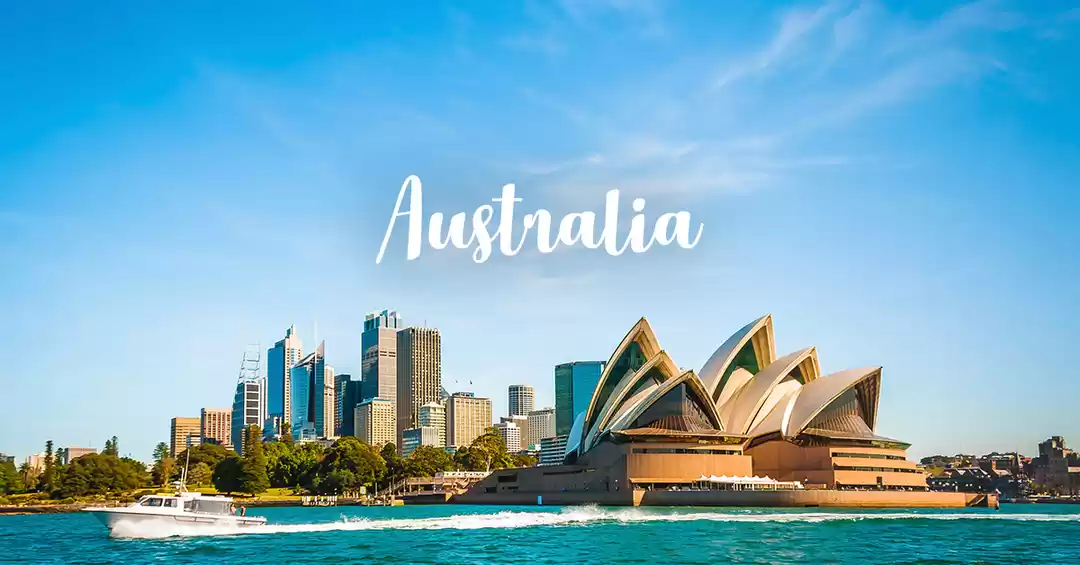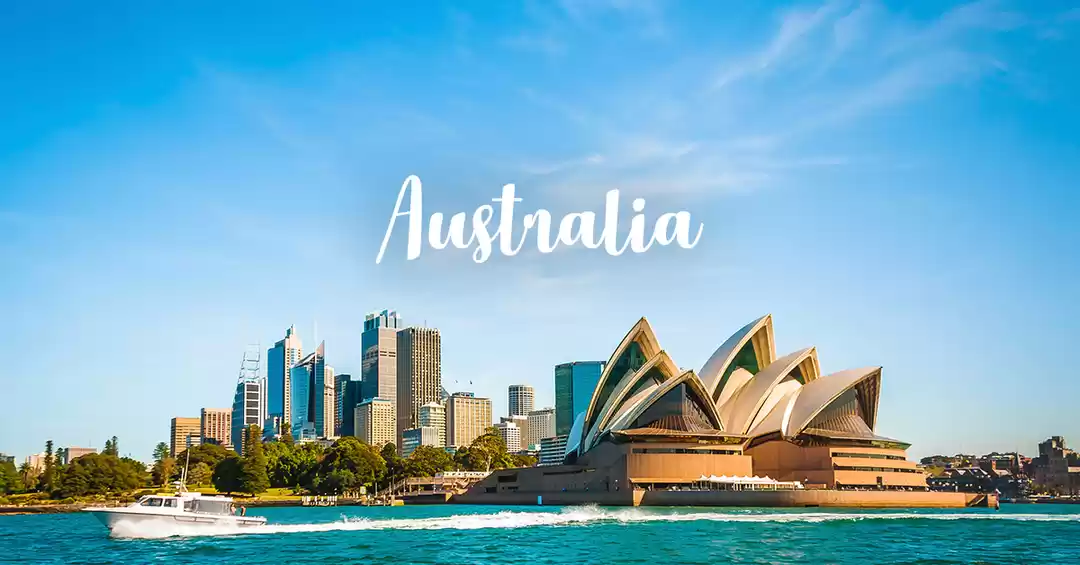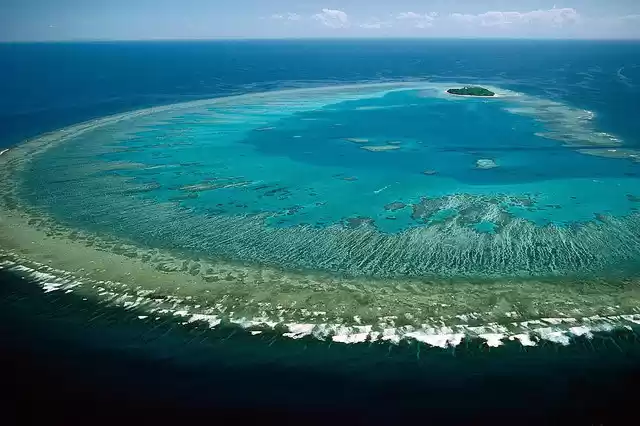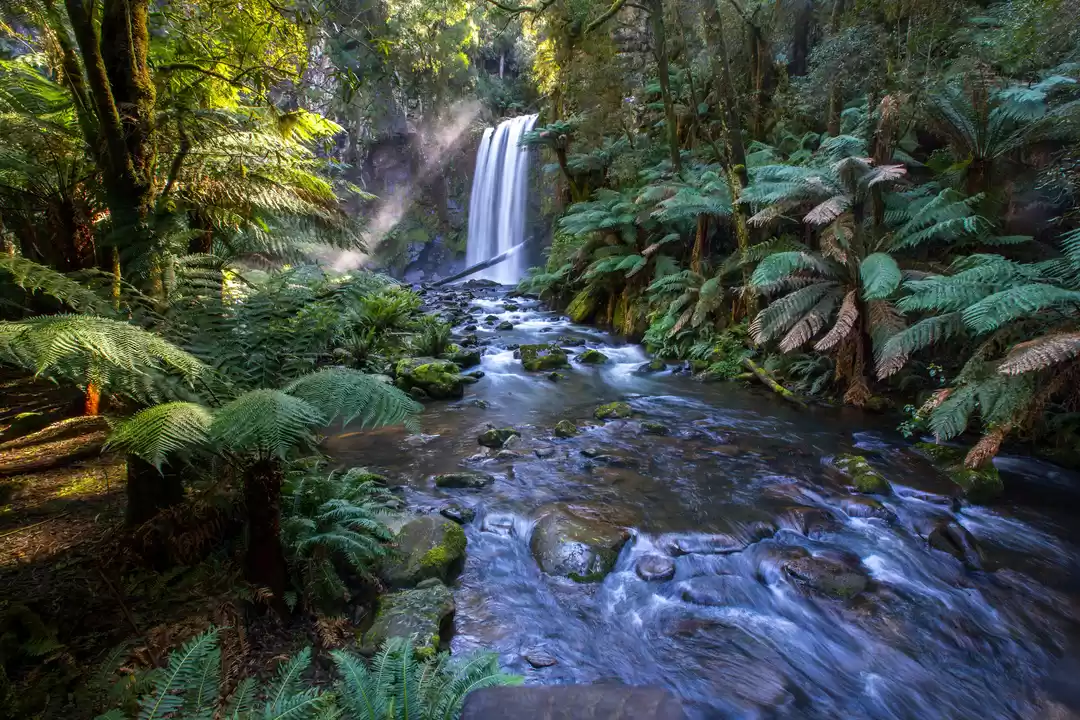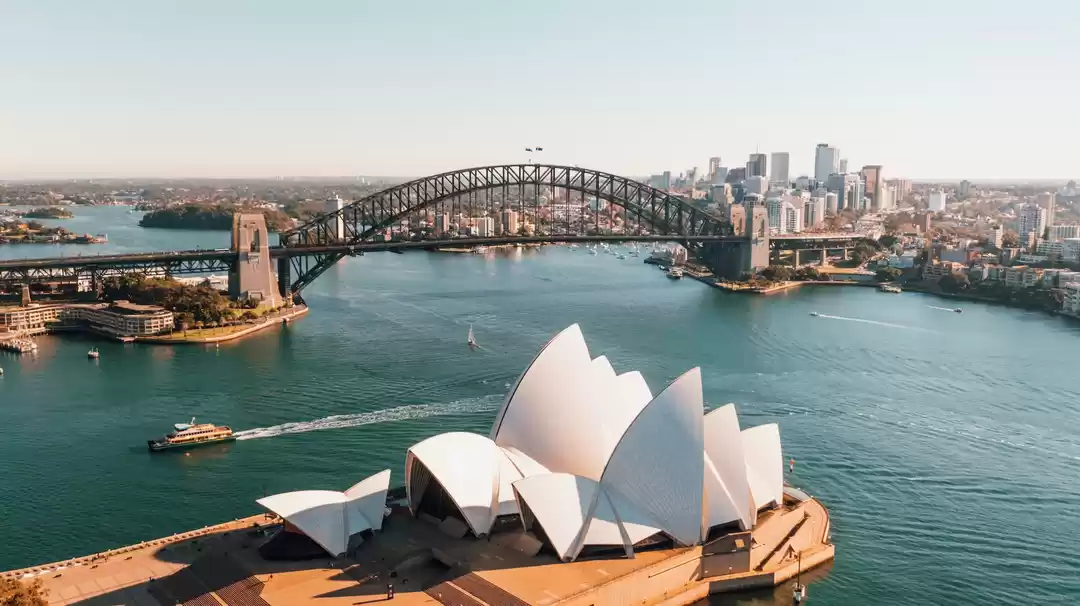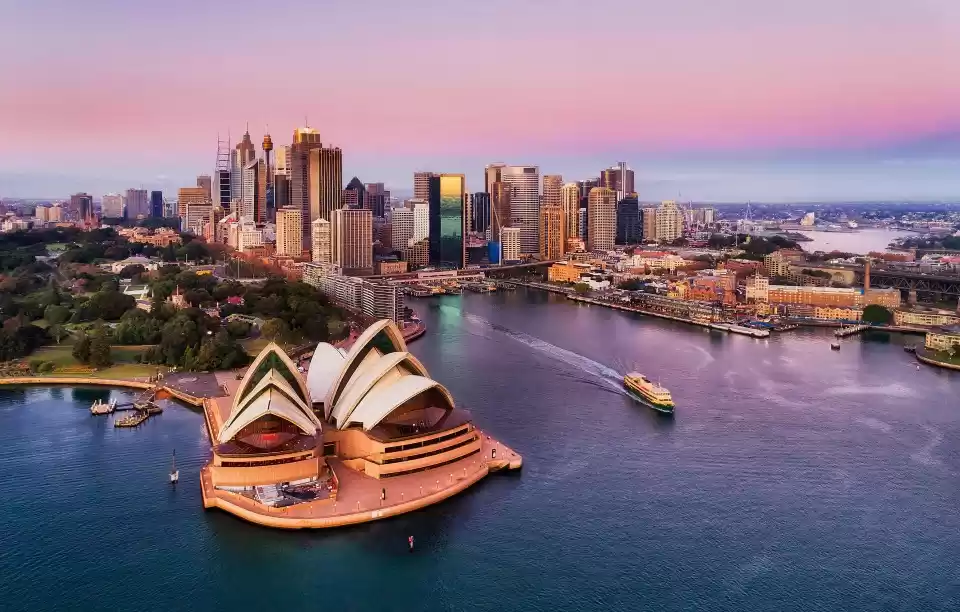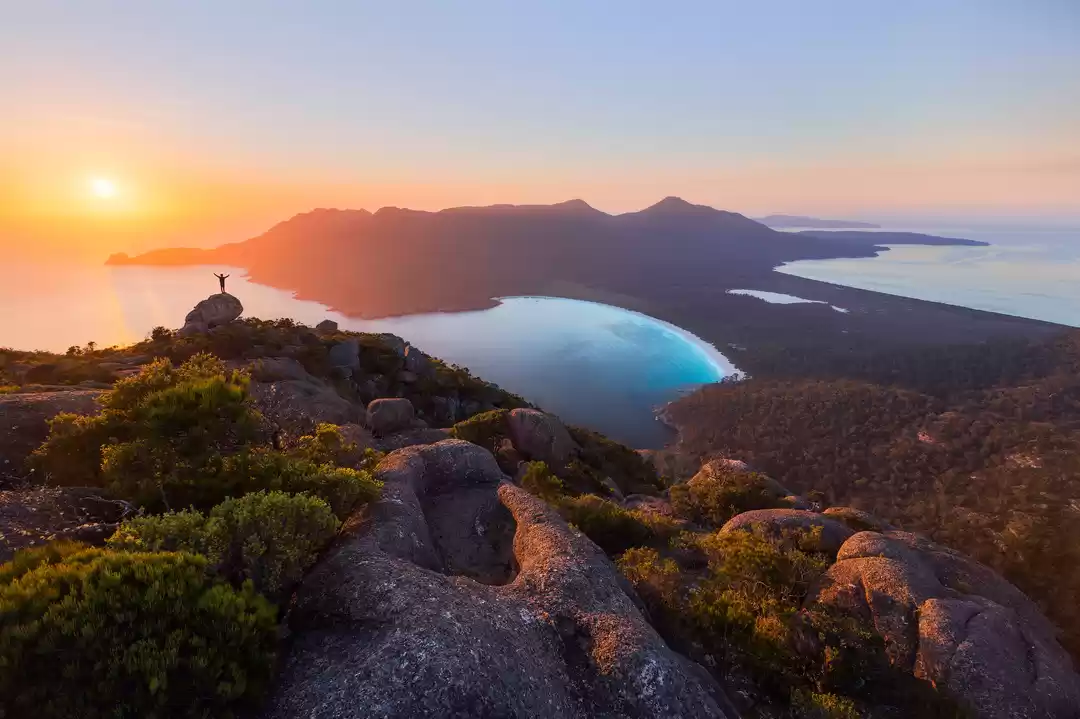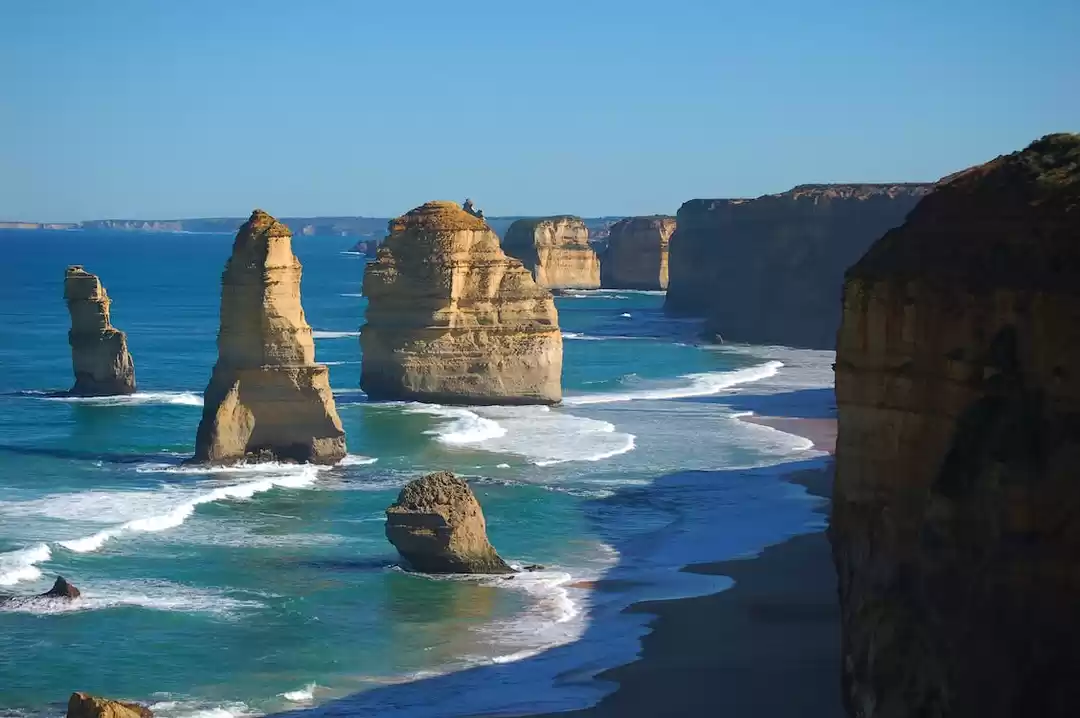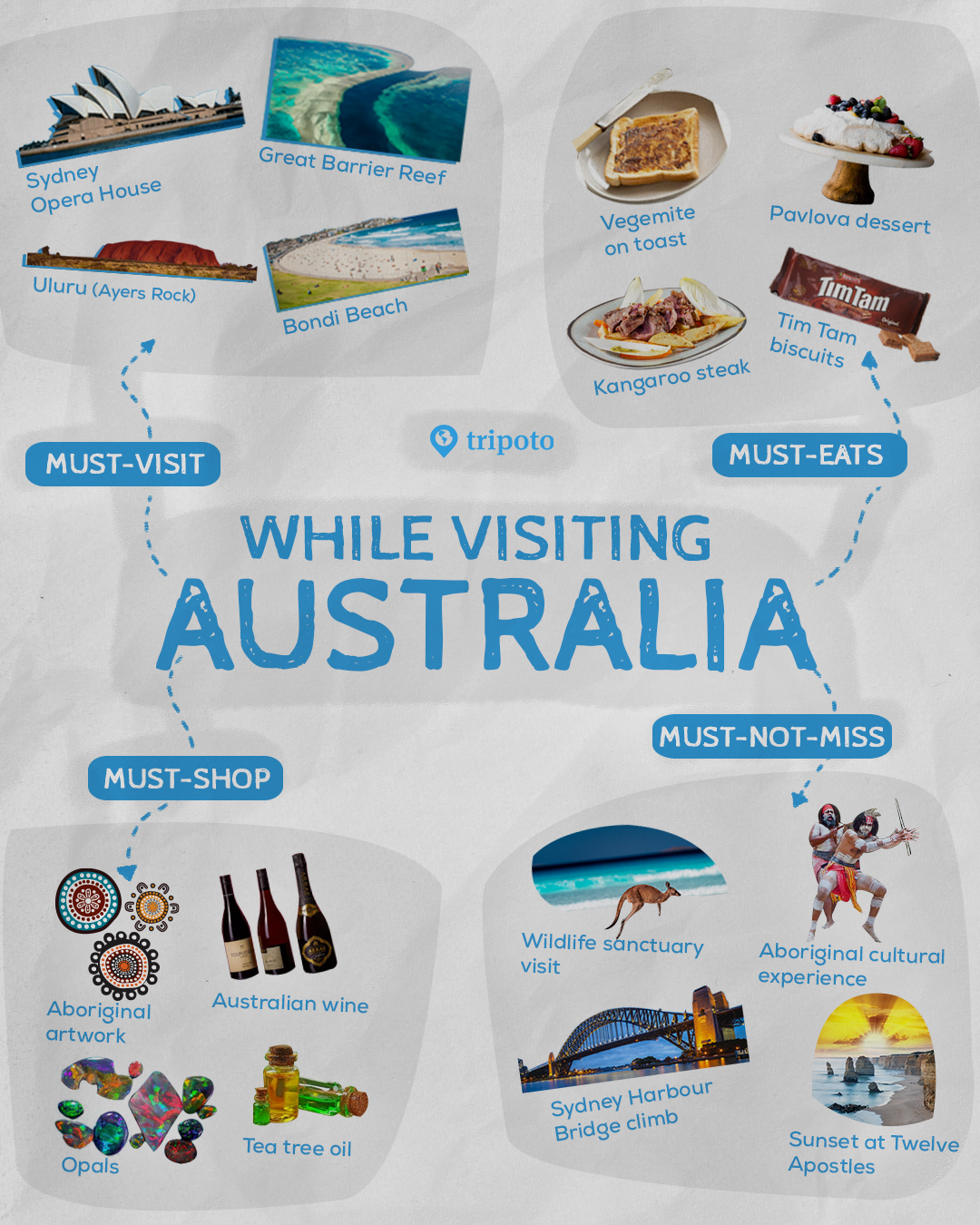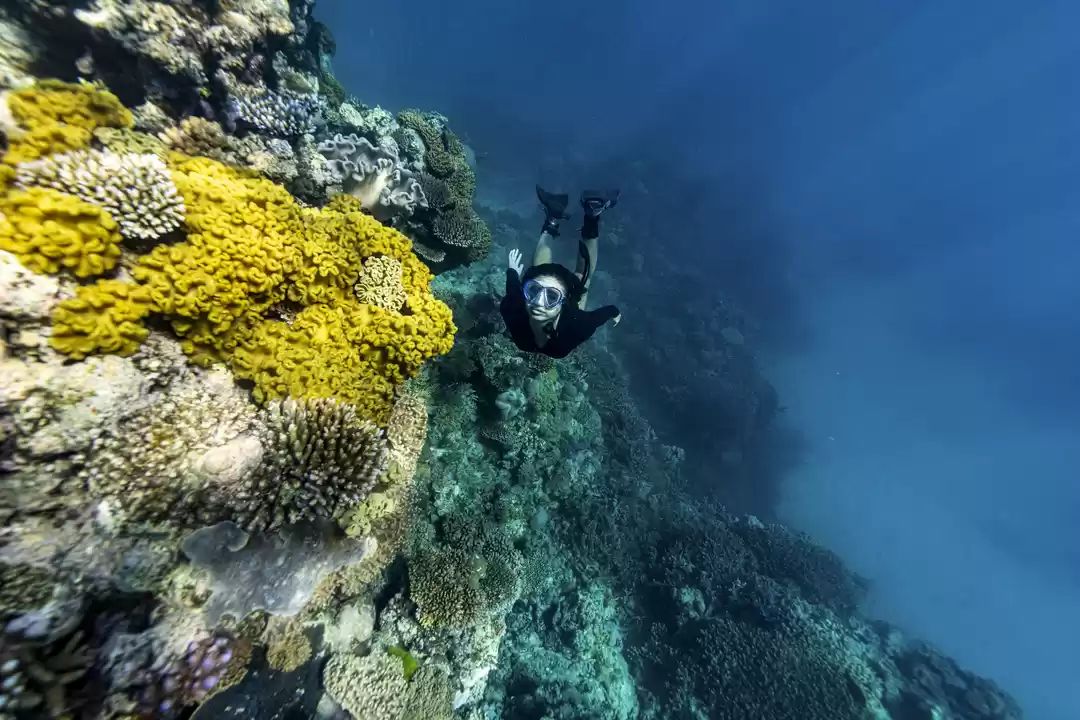Scuba diving is an exhilarating adventure that opens up an entirely new world beneath the waves. Whether you're a beginner or an experienced diver, following best practices is crucial for safety and enjoyment. Here are 20 essential tips to enhance your scuba diving experience:
1. Get Proper Training
Before you dive into the ocean, ensure you have completed a certified scuba diving course. Training will equip you with the necessary skills and knowledge to dive safely.
2. Choose the Right Gear
Invest in high-quality gear that fits you well. Ill-fitting equipment can cause discomfort and compromise your safety underwater. Essential items include a mask, fins, snorkel, regulator, buoyancy control device (BCD), and wetsuit or drysuit.
3. Maintain Your Equipment
Regularly inspect and maintain your diving gear. Proper maintenance ensures your equipment functions correctly and can prevent potential malfunctions underwater.

4. Plan Your Dive
Always plan your dive and dive your plan. Discuss the dive profile, entry and exit points, and emergency procedures with your dive buddy before entering the water.
5. Check Weather Conditions
Before diving, check the weather forecast and sea conditions. Adverse weather can make diving dangerous and challenging.
6. Use the Buddy System
Never dive alone. Having a buddy increases safety and allows for mutual assistance in case of emergencies.
7. Equalize Early and Often
Equalize your ears and sinuses frequently during descent to prevent barotrauma. Pinch your nose and gently blow to equalize pressure.
8. Monitor Your Air Supply
Keep a close eye on your air gauge. Ascend with enough air to safely complete your safety stop and reach the surface.
9. Practice Buoyancy Control
Mastering buoyancy control is crucial for a safe and enjoyable dive. Proper buoyancy reduces air consumption and protects marine life and the reef.
10. Respect Marine Life
Avoid touching or disturbing marine creatures and coral reefs. Interact with marine life responsibly and maintain a safe distance.
11. Stay Hydrated
Dehydration can increase the risk of decompression sickness. Drink plenty of water before and after your dive.
12. Ascend Slowly
Follow the rule of ascending no faster than 30 feet (10 meters) per minute. A slow ascent allows your body to safely off-gas nitrogen.

13. Perform a Safety Stop
A safety stop at 15-20 feet (5-6 meters) for 3-5 minutes at the end of each dive helps reduce the risk of decompression sickness.
14. Keep Fit
Maintaining good physical fitness enhances your diving performance and reduces the risk of exhaustion and accidents underwater.
15. Know Your Limits
Don't push your limits. Dive within your training, experience, and comfort level to ensure safety and enjoyment.
16. Stay Calm
In case of an emergency, stay calm and think clearly. Panic can lead to poor decisions and exacerbate the situation.
17. Communicate Effectively
Use standard hand signals to communicate with your buddy and dive guide. Clear communication is essential for a safe dive.
18. Avoid Overexertion
Pace yourself and avoid strenuous activities underwater. Overexertion can lead to rapid air consumption and fatigue.
19. Check Your Dive Computer
A dive computer provides vital information such as depth, time, and decompression limits. Always monitor your dive computer during a dive.
20. Be Environmentally Conscious
Follow eco-friendly diving practices. Use reef-safe sunscreen, avoid single-use plastics, and participate in underwater cleanups to protect the marine environment.
Top Destinations for Scuba Diving Around the World
Scuba diving offers the incredible opportunity to explore the vibrant underwater world, teeming with marine life and stunning landscapes. Here are some of the top destinations around the globe where you can experience the best of scuba diving:
1. Great Barrier Reef, Australia
The Great Barrier Reef, the world's largest coral reef system, is a bucket-list destination for divers. With its vibrant coral formations, diverse marine life, and clear waters, it's a paradise for underwater enthusiasts.

2. Galápagos Islands, Ecuador
The Galápagos Islands offer a unique diving experience with the chance to see incredible wildlife, including hammerhead sharks, marine iguanas, and sea lions. The strong currents and challenging conditions make it ideal for advanced divers.
3. Palau, Micronesia
Palau is renowned for its crystal-clear waters, dramatic drop-offs, and diverse marine life. Blue Corner and Jellyfish Lake are must-visit sites, offering unforgettable encounters with manta rays, sharks, and millions of jellyfish.
4. Raja Ampat, Indonesia
Raja Ampat boasts some of the richest marine biodiversity on the planet. Its pristine reefs, diverse fish species, and stunning coral gardens make it a top destination for underwater photographers and nature lovers.
5. Red Sea, Egypt
The Red Sea is famous for its excellent visibility, vibrant coral reefs, and historic shipwrecks. Sites like Ras Mohammed and the SS Thistlegorm wreck offer thrilling dives for both beginners and experienced divers.

6. Cenotes, Mexico
The cenotes in Mexico's Yucatán Peninsula offer a unique diving experience in freshwater sinkholes. These underwater caves feature crystal-clear waters, stunning rock formations, and an otherworldly atmosphere.
Conclusion
Scuba diving offers a unique opportunity to explore the underwater world and encounter incredible marine life. By following these 20 tips, you can ensure a safe, enjoyable, and responsible diving experience. Happy diving!



